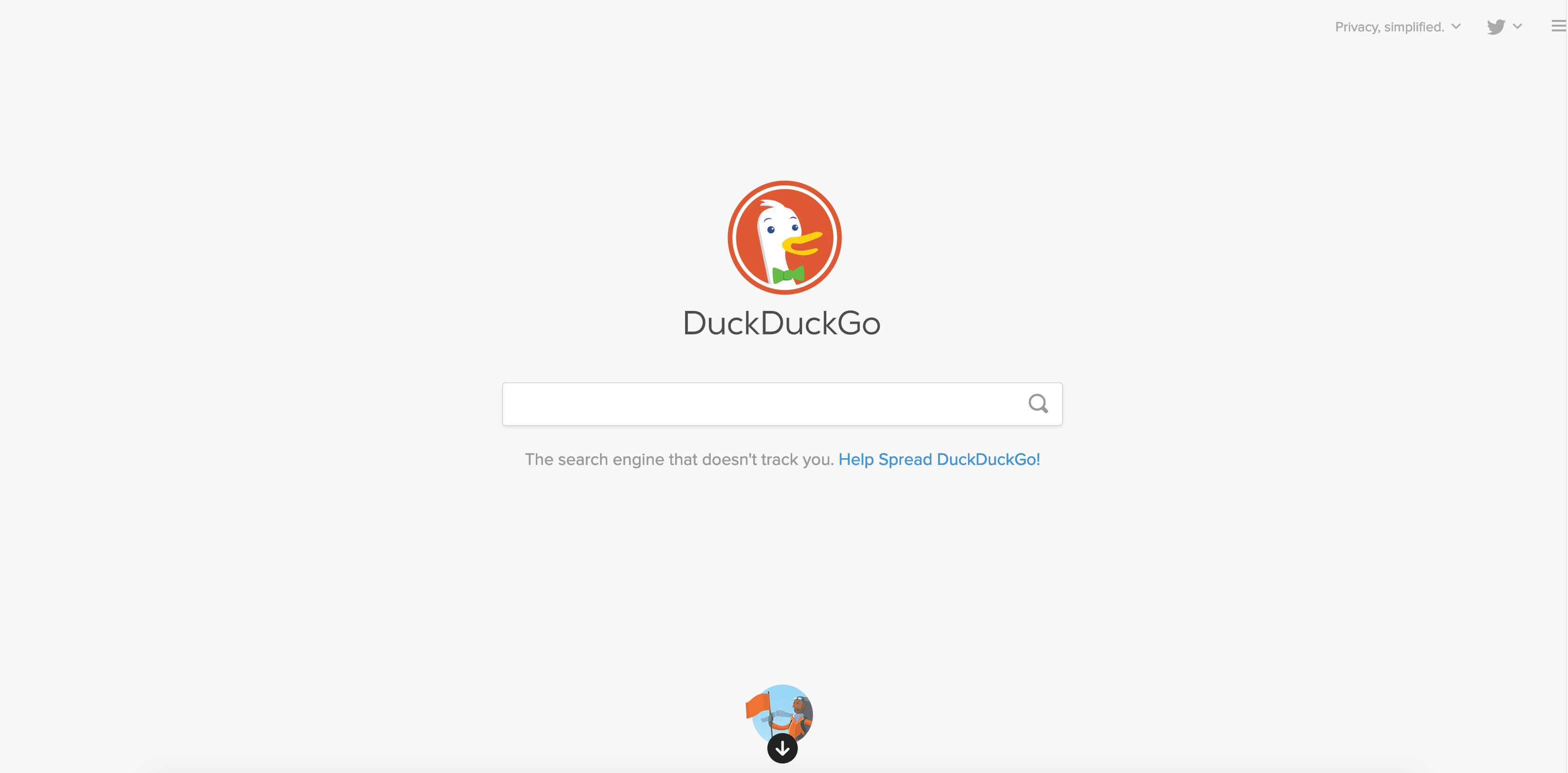With the scent of ant-trust motions in the air, Google Chrome will now have DuckDuckGo as a search engine option after Google added it with the latest Chromium Engine update. From now on, DuckDuckGo can be used as a search engine in the Chrome browser in over 60 markets.
DuckDuckGo has been added as a default search engine option in Argentina, Austria, Australia, Belgium, Brunei, Bolivia, Brazil, Belize, Canada, Chile, Colombia, Costa Rica, Croatia, Germany, Denmark, Dominican Republic, Ecuador, Faroe Islands, Finland, Greece, Guatemala, Honduras, Hungary, Indonesia, Ireland, India, Iceland, Italy, Jamaica, Kuwait, Lebanon, Liechtenstein, Luxembourg, Monaco, Moldova, Macedonia, Mexico, Nicaragua, Netherlands, Norway, New Zealand, Panama, Peru, Philippines, Poland, Puerto Rico, Portugal, Paraguay, Romania, Serbia, Sweden, Slovenia, Slovakia, El Salvador, Trinidad and Tobago, South Africa, Switzerland, U.K., Uruguay, U.S. and Venezuela.
Through this update, Google had expanded the choices of search products for users.
The Chromium Engine is the building block for Google Chrome. Chromium is an open source web browser upon which the Chrome was built upon. Chromium 73 stable release came out yesterday.
The 73 stable release added DuckDuckGo and French search engine Quant as well. However, Qwant was only supported to be added as a search engine for Chrome in the home market, France only.
Many governments are considering taking action on Google over anti-trust laws and are planning on encouraging smaller technology businesses and innovators. This update perhaps comes as an indirect effort to ease the allegations against Google.
Orin Jaworski, a software engineer at Google said they have updated their list of search engines based on new usage statistics and recently collected data. However, many people in the tech sphere are of the opinion that Google is taking these steps to ease the allegations of monopolization and anti-trust.
“We’re glad that Google has recognized the importance of offering consumers a private search option,” said Gabe Weinberg, founder of DuckDuckGo.
Among the several search engines added to Google Chrome, the greatest beneficiary is DuckDuckGo. Previously, DuckDuckGo wasn’t even an option at all. For over a few years, DDG has been steadily performing and improving its services. They have also raised external investment from outside investors to expand their operations.
Qwant’s founder Eric Leandri was asked if this new update might show Google in a positive light in the wake of anti-trust issues. He said this update might not really make a big difference.
“It’s a joke. But thank you again for Chrome 73, I really and sincerely appreciate. I still recommend Firefox and Brave,” said Leandri.
“We’re glad that Google has recognized the importance of offering consumers a private search option,” DuckDuckGo founder Gabe Weinberg told TechCrunch when approached for comment about the change.
We recently reported that DuckDuckGo is doing better than ever.








